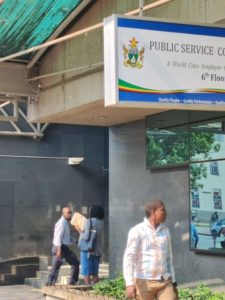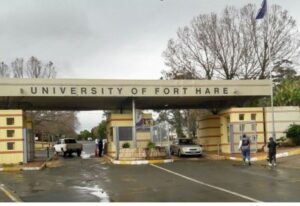Proposed changes to national labour migration policy have been described as having a potential to fuel xenophobic tensions. In its submission on the draft National Labour Migration Policy and the Employment Service Amendment Bill, the Socio-Economic Rights Insititute of South Africa (SERI) and Lawyers for Human Rights (LHR) say that the policy and the bill blames foreign migrants for high unemployment and is setting up local workers against migrant workers.
“The policy and Bill are premised on a false assumption that the solution to the high unemployment facing the country lies in the restriction of migrant work and the reservation of opportunities for South African workers. Pitting local workers against migrant workers, whether in public discourse or proposed legislation, has the potential to further fuel xenophobic tensions,” reads the media statement from the organisations.
Another institution which specialises in research and education on migration, the African Centre for Migration and Society ACMS based at Wits University said that the proposed policy and bill does not bring anything fundamentally new as it talks about existing work permits. What it does introduce is an explicit prioritisation of South African workers over foreign migrants.
“In some ways the policy is unnecessary; almost all that is proposed in there is already in existence around work permits. I think what they are trying to very clearly signal is that there has to be a strong priority on South African workers. Developing the South African workforce so that they can compete in the domestic and globally economy is undoubtedly important. But, what it doesn’t recognise is that for us to be in a position to sustain that investment, we need to sustain business. We need to ensure that big companies can get the workers that they need and that small businesses can get the investment and the workers that they need but government gets companies to put in proposals on the kind of workers that they need. This should be something that is overseen by the government otherwise we are outsourcing government’s control and regulation to private companies and that is something that the apartheid government did and it did not work out well for South Africans,” said Professor Loren Landau from the ACMS.
According to the Department of Employment and Labour, the proposed policy aims to achieve a balance of four areas. The first is to address South Africans’ expectations regarding access to work opportunities, given worsening unemployment and the perception that foreign nationals are distorting labour market access. The other three areas are;
South Africa’s labour market needs, in particular the need for critical skills not locally available;The protection of migrant workers and their families, in accordance with international standards and guidelines; and Regional integration and cooperation imperatives.
In an email response to Elitsha, Teboho Thejane, the spokesperson for the department said that they received 456 online submissions by the cut-off date and conducted 31 workshops across the nine provinces for people to make inputs on the draft proposal. They, according to Thejane, had virtual consultations with tertiary institutions, including the Kei Chamber of Business.
Thejane said that the next step is to present the updated draft policy to Nedlac (the National Economic Development and Labour Council) before the end of June 2022.




